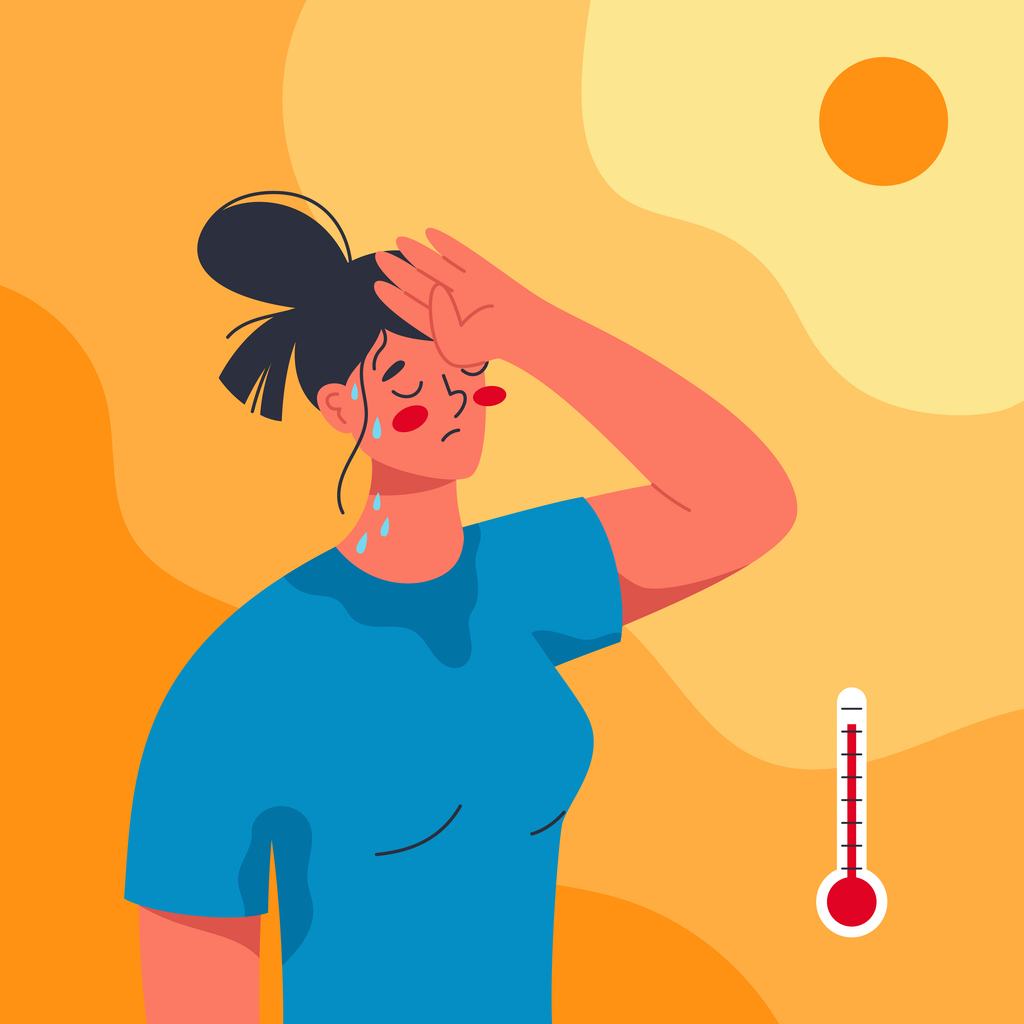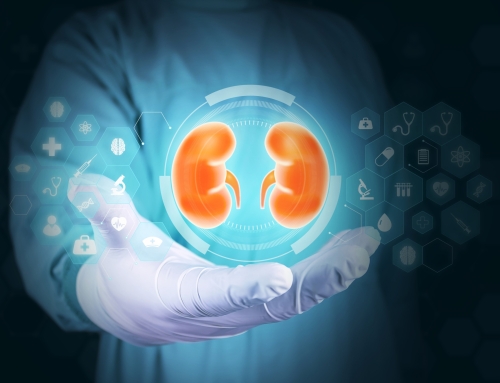When summer hits, renal patients have another element that they must consider when thinking about their health, the heat. And while dry heat alone is problematic for patients, the effect is even greater when it is humid. Humid heat is not a friend to renal patients, especially those on dialysis, and patients that are kidney transplanted. Summer is in full swing, and we tend to want to go outside and enjoy the sun. It is recommended that you check the temperature outside and inside daily. The following article is not meant to scare anyone but to make you aware of the impact humid heat has on your body. When you know better, you do better!
The following information is from the study Extreme Humid-Heat Exposure and Mortality Among Patients Receiving Dialysis published June 12, 2024 in the American Journal of Kidney Diseases
A large, population-based study shows that people receiving regular dialysis to cities in the humid southeastern states, resulting in higher death rates.
The new study from researchers at the University of Wisconsin School of Medicine and Public Health found that deaths among adults receiving maintenance dialysis for kidney failure jumped between 15 and 20% during extreme humid-heat events. These events, defined as when the heat index — a measurement that indicates what combined temperature and humidity feel like — was greater than 105 degrees Fahrenheit for two or more days or more than 115 degrees for one day.
“This is more evidence that a warming planet poses an increased risk to vulnerable populations, in this case, people on kidney dialysis, who are more likely to die during extremely hot and humid weather,” said Dr. Matthew Blum, an assistant professor of medicine at the UW School of Medicine and Public Health, and a nephrologist at UW Health. “As nephrologists, we need to be especially concerned about our dialysis patients and look for ways to protect them from extreme weather”.
Dialysis patients often have other health conditions, such as diabetes, heart and lung disease, and impaired fluid and electrolyte handling, all of which make it more difficult for people to tolerate extreme heat, according to Blum.




